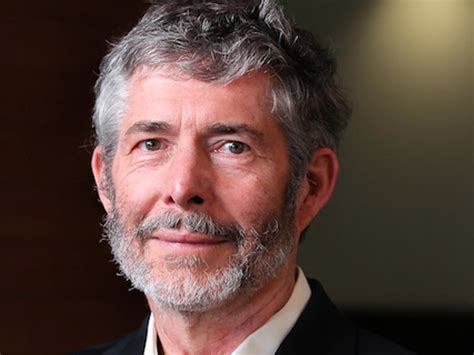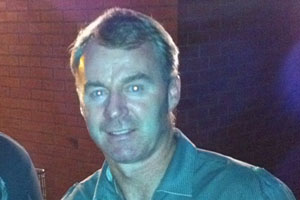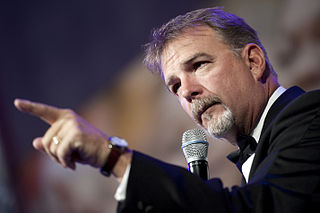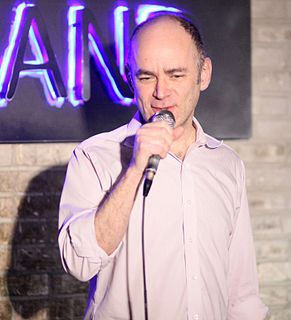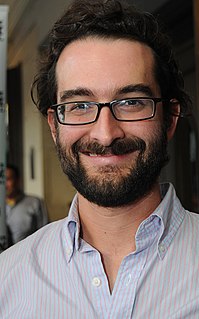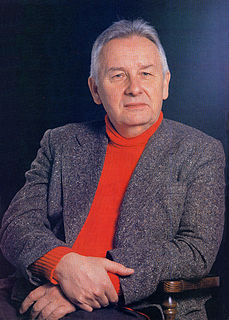A Quote by George Eliot
there are two ways of speaking an audience will always like: one is, to tell them what they don't understand; and the other is, to tell them what they're used to.
Related Quotes
The media is the only business in the world where the customer is always wrong. If you're a news consumer, if you're a customer, and you complain to them, they will tell you that you are not sophisticated enough to understand what they do, and they're tell you to go listen or watch somewhere else. They're not even really doing the news for you. They're doing news for other journalists and other people in government because that's their real audience.
With the artists, I don't teach, I coach. I can't tell them how to make art. I tell them to make more art. I tell them to get up early and stay up late. I tell them not to quit. I tell them if somebody else is already making their work. My job is to be current with the discourse and not be an asshole. That's all I wanted in a professor.
We need the political will, and that often comes from the will of the people. So if celebrities or personalities can help to educate the people - not influence them, not tell them (what to do) - just tell them the truth about what's happening and let them form their own opinion, that will strengthen them and they will push their politicians.
I've had shows where you think, "Is this going well? I can't tell," and then you say goodnight and you get this ovation. They're sorta like a theater audience. I've learned that much; that they're not always going to be doing backflips - but I'll never figure it out. Because sometimes you walk up there, and they're so excited, and then other times, it's just... But sometimes an audience is bad, and you can tell them they're bad, and that sort of breaks the ice a bit.
Well, besides being entertained, I’d like to move them emotionally. I mean I really want to uplift them. I want to look down at the audience, and this is personal experiences now I’m going to tell you. It’s like you look down at the audience and see people smiling, crying, hugging each other. I want them on their way home to feel empowered like they can do anything.
When I speak to students, I tell them why we have a First Amendment. I tell them about the Committees of Correspondence. I tell them how in a secret meeting of the Raleigh Tavern in Virginia, Thomas Jefferson and Patrick Henry, who did not agree with each other, started a Committee of Correspondence.
I just embrace all people of all lifestyles and I don't tell them they are bad people. And I say girls are beautiful and girls are sexy and they need to be told that, and if they don't have anyone to tell them that and mean it, I'm gonna tell them that. But I feel like people always wanna define me and I don't wanna be defined.
There are many who want me to tell them of secret ways of becoming perfect and I can only tell them that the sole secret is a hearty love of God, and the only way of attaining that love is by loving. You learn to speak by speaking, to study by studying, to run by running, to work by working; and just so you learn to love God and man by loving. Begin as a mere apprentice and the very power of love will lead you on to become a master of the art.
...You believe that the kind of story you want to tell might be best received by the science fiction and fantasy audience. I hope you're right, because in many ways this is the best audience in the world to write for. They're open-minded and intelligent. They want to think as well as feel, understand as well as dream. Above all, they want to be led into places that no one has ever visited before. It's a privilege to tell stories to these readers, and an honour when they applaud the tale you tell.
I do not choose my listeners. What I mean is, I never write for my listeners. I think about my audience, but I am not writing for them. I have something to tell them, but the audience must also put a certain effort into it. But I never wrote for an audience and never will write for one, because you have to give the listener something and he has to make an effort in order to understand certain things.



